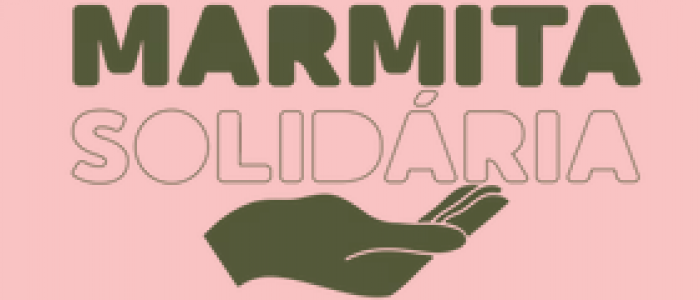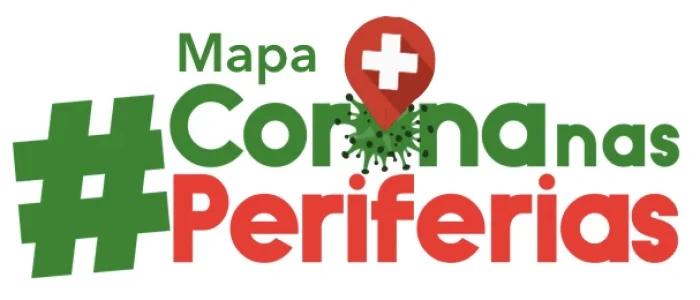#TVPeriferiaEmFoco accompanied on the island of Cotijuba, in Belém, the solidarity action in the face of Covid-19 with the riverside families of Pará. The solidarity effort is part of the national campaign “We are Ready” which has already served more than 740,000 people in Brazil. In Pará, the campaign was integrated with the Central de Movimentos Populares – CMP through the “COVID 19: SOLIDARITY IN THE AMAZON” Campaign, an initiative aimed at assisting families from riverside communities, quilombolas, indigenous people and the outskirts of cities, who are experiencing financial difficulties and have been suffering from the economic crisis and unemployment.
The actions take place in partnership with the Brazilian Red Cross – Pará, SEBRAE, UNICEF, FORD, Natura, Citizenship Action, Military Fire Brigade, Brazilian Navy and other public bodies together with organized civil society. Access the video here.


























